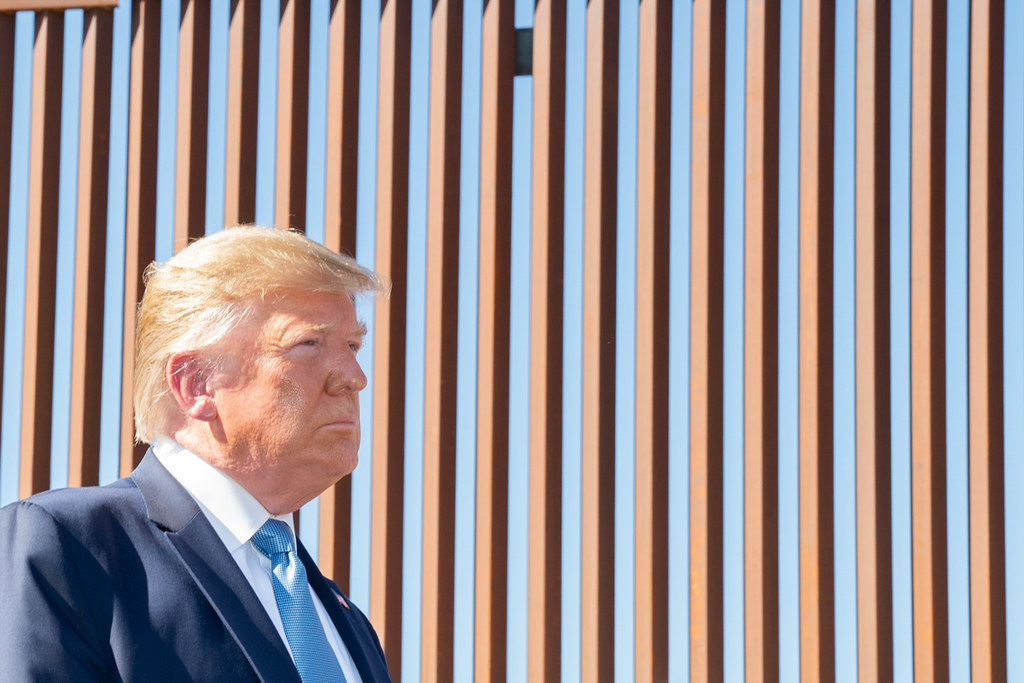
In the wake of Donald Trump‘s recent electoral success, Democratic leaders are grappling with how to recalibrate their strategy as they transition to the minority in Congress. During various gatherings, from holiday mixers to conference room discussions, the focus has sharply turned to redefining the Democratic Party’s approach to an unpredictable opponent who has once again altered the political landscape.
Assessing Trump’s Mixed Signals
Trump’s recent statements have sent mixed signals that complicate the Democrats’ strategy. His openness to negotiating with Democrats on certain issues, like maintaining protections for Dreamers, contrasts sharply with his more divisive calls, such as ending birthright citizenship and jailing political adversaries involved in the Capitol riot investigations. These contradictory messages have left Democratic leaders uncertain about how to engage effectively with Trump as he prepares for his second term under very different conditions than his first.
At a Democratic Legislative Campaign Committee event, Minnesota House Speaker Melissa Hortman expressed the difficulty in discerning Trump’s serious intentions from his performative politics. This sentiment was echoed by other Democrats, who are adopting a wait-and-see approach before fully assessing Trump’s agenda for his second term.
State legislators and national figures are exploring varied responses to Trump’s leadership. Some, like Wisconsin state Senator Jeff Smith, advise taking Trump at his word and preparing accordingly, while others seek common ground on less contentious issues. For instance, Senator Tammy Baldwin of Wisconsin has expressed support for one of Trump’s Cabinet picks, demonstrating an openness to collaborate on specific policy areas.
The DNC’s Internal Deliberations
Amidst these external challenges, the Democratic National Committee (DNC) is also introspective, debating how best to position the party moving forward. The recent DNC Rules and Bylaws Committee meeting highlighted this internal contemplation, though it focused more on celebrating past successes than addressing the looming challenges posed by Trump’s presidency.
Donna Brazile, a member of the committee, pushed for a comprehensive review of the 2024 elections to understand the Democrats’ setbacks fully. Yet, the timeline for such a review remains unclear, with the selection of a new DNC chair scheduled for February 1, suggesting that any substantial strategic shift may have to wait.
| Topic | Detail |
|---|---|
| Trump’s Second Term | Mixed signals on policy stances complicating DNC strategies |
| DNC Deliberations | Calls for an in-depth review of election setbacks |
| Legislative Strategy | Mixed approach with both opposition and collaboration |
As Democrats navigate the complex political reality shaped by Donald Trump’s second presidential win, they find themselves at a strategic crossroads. The challenges of addressing Trump’s unpredictable policy shifts while fostering a coherent party strategy underscore the broader dilemma facing the party: how to effectively oppose while remaining open to negotiation on certain issues.
This balancing act is critical as Democrats aim to redefine their identity and approach in a political environment that has shifted decisively. The need for a nuanced strategy that accommodates both resistance and selective collaboration could define the Democratic response in the years to come. As the party leadership contemplates these challenges, the path they choose will likely have significant implications for their effectiveness as an opposition party and their overall cohesion.
Featured image credit: Trump White House Archived via Flickr
Follow us for more breaking news on DMR
